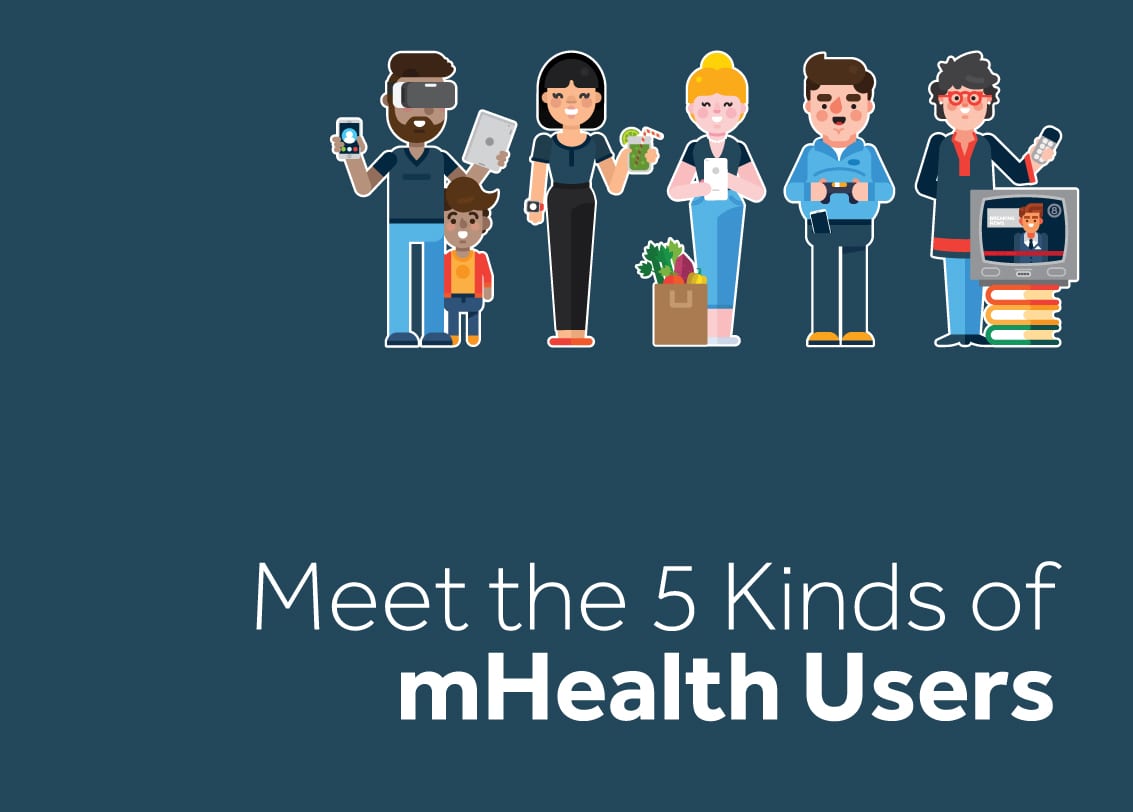 When was the last time you asked Siri a question about your health? As little as five years ago, that might have sounded like a crazy question. Today, not so much.
When was the last time you asked Siri a question about your health? As little as five years ago, that might have sounded like a crazy question. Today, not so much.
Many of us share more personal information with our smartphones or wearables than we do with our closest friends. How many steps do we take each day? How long has it taken us to lose those last five pounds? What’s our personal record for the steepest climb on our favorite ride?
The most digitally savvy among us are already pushing for more. Texting a photo of a medical issue to a doctor? Check. Talking to a medical professional via a mobile app? Check. Using artificial intelligence to help manage our health? Yes, even that.
The innovations made possible at the intersection of healthcare and technology have the potential to enable a new standard of care, vastly improving patient outcomes while underpinning new delivery and business models for the healthcare industry. But for both technology and healthcare communicators, it also means we need to understand and find fresh ways to reach this new healthcare “consumer.”
That’s why we launched Ketchum’s mHealth Monitor, a new study designed to help brands break through and engage with the real people making personal healthcare decisions every day. Our research uncovered five types of mHealth users, ranging from early adopters to traditionalists, and from those with an active interest in tracking their health to those who readily admit it’s not top of their priority list.
This industry is already seeing a level of disruption that is perhaps more familiar to the boardrooms of Silicon Valley than the corridors of hospitals or the labs of pharmaceutical research firms. But everything we’re seeing suggests this is only the beginning.
Here are a few of the insights we uncovered:
- 6 in 10 surveyed with a smartphone say they’ve shared information with a medical professional via the Internet on their smartphone, mobile app or wearable device*
- 1 in 4 surveyed have emailed or texted a photo of a medical issue to a doctor
- 2 in 5 surveyed say they’re comfortable using artificial intelligence. Although 32 percent said they are likely to use an A.I. search tool, like Siri®, only 9% would use an artificially intelligent therapist
- 1 in 4 surveyed say health and fitness tracking apps have made them feel bad
So, when a patient asks Siri which are the most trusted brands in mobile health, who will she recommend? If you’d like to be on that list, we’d love to talk.



